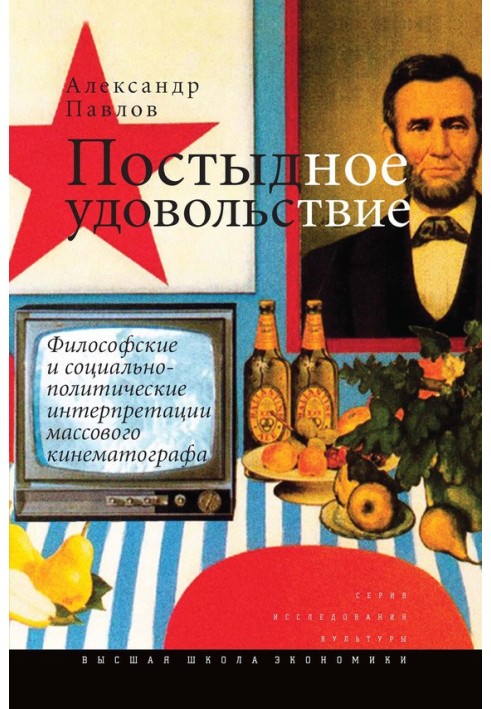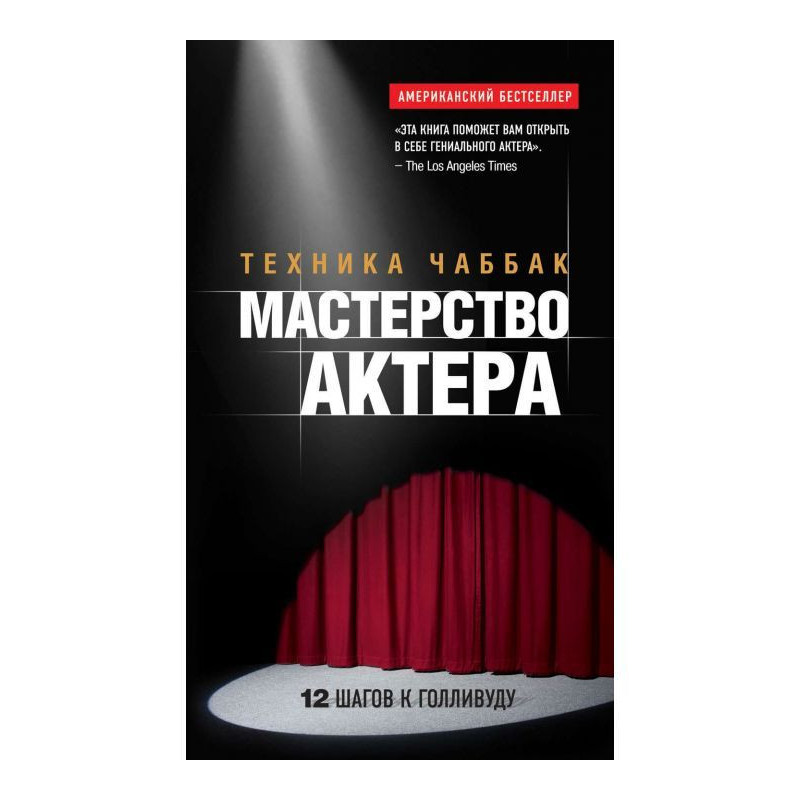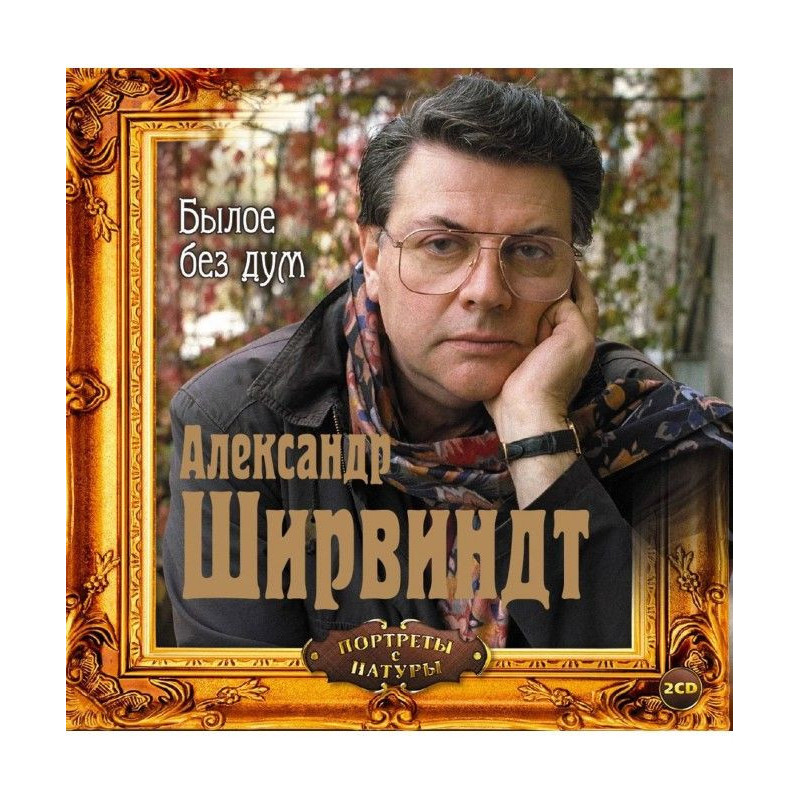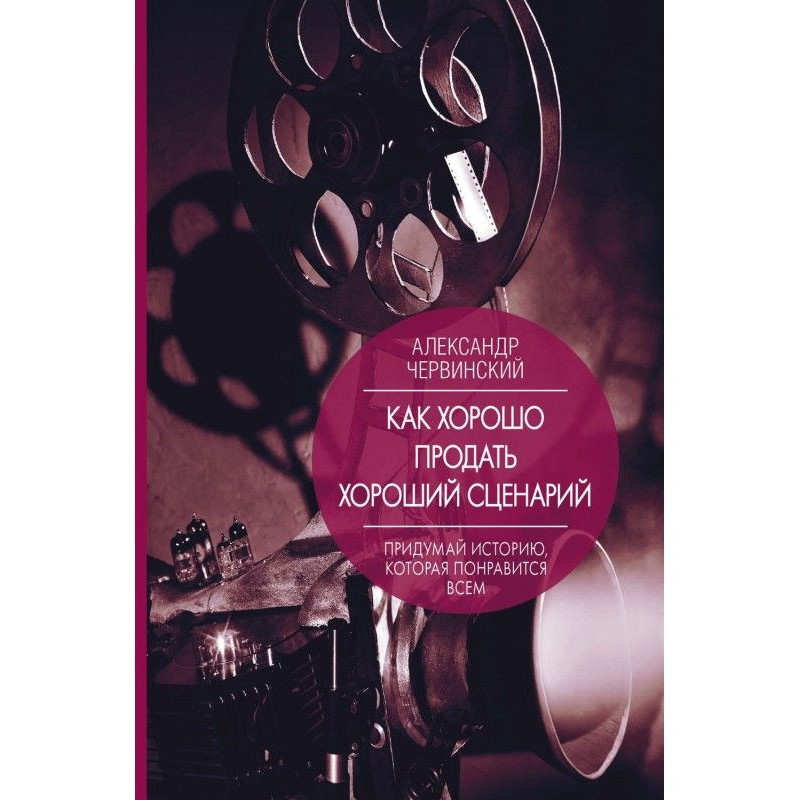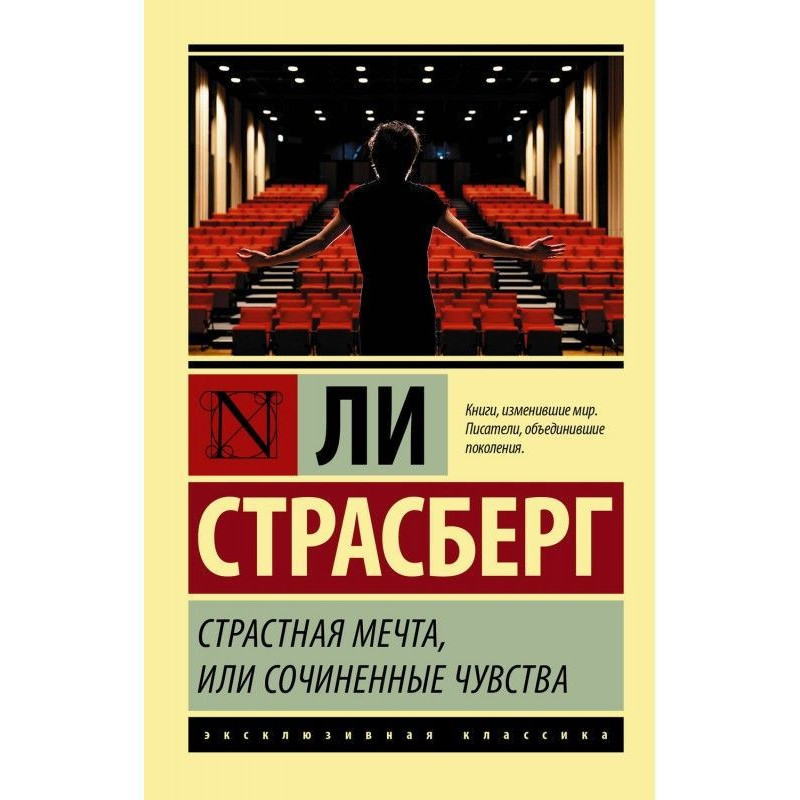Guilty pleasure
 Instant download
Instant download
after payment (24/7)
 Wide range of formats
Wide range of formats
(for all gadgets)
 Full book
Full book
(including for Apple and Android)
Until recently, it was believed that intellectuals did not, could not, or should not love mass culture. Those who love her for some reason consider it a guilty pleasure. However, over the past 20 years, intellectuals in the West have begun to reflect on popular culture, discovering in it philosophical depth or hidden or overt propaganda. Noting that the pleasure of consuming mass culture and especially its main form - cinema - is not shameful, the author, combining film studies with philosophical and socio-political analysis, shows how political philosophy can work with popular culture today. Where possible, relying on the methodology of Marxist philosophers Slavoj Žižek and Fredric Jameson, the author provides a political and philosophical reading of contemporary American cinema and some animated series. Using specific examples, the author finds out how ideologies work in big Hollywood cinema: radicalism, conservatism, patriotism, liberalism and feminism. Also, the book, using examples of American cinema, traces the transition from the modern era to postmodernity and notes how, in the postmodern era, some low genres and phenomena, not being mass in the 1970s, suddenly became mainstream. The book will be of interest to young philosophers, political scientists, cultural experts, film experts and all those for whom it is important not only to watch popular cinema, but also to think about it. The text will be useful mainly to those who, with or without shame, enjoy popular culture. Reading this book will help you find intellectual justifications for your guilty pleasures.
Data sheet
- Name of the Author
- Александр Павлов Владимирович
- Language
- Ukrainian
- Release date
- 2014
Reviews
Відкриття нових горизонтів масової культури
Книга "Ганебне задоволення" – це справжнє відкриття для всіх, хто цікавиться перетвореннями в масовій культурі та її впливом на суспільство. Автор майстерно поєднує філософські концепції з аналізом популярного кінематографа, демонструючи, що задоволення від споживання масової культури не лише не є ганебним, а навпаки, може бути джерелом глибоких роздумів і критичного осмислення. Читаючи цю книгу, я зрозумів, як важливо не просто споживати контент, а й аналізувати його, виявляти приховані ідеології та соціальні послання. Приклади, наведені автором, допомагають зрозуміти, як політичні течії, такі як радикалізм, консерватизм та фемінізм, впливають на формування сучасного кінематографа. Це видання стане незамінним для молодих філософів, культурологів і всіх, хто хоче глибше зрозуміти, як масова культура відображає та формує наше сприйняття світу. Рекомендую всім, хто має хоч найменший інтерес до кінематографа та його соціального контексту!

